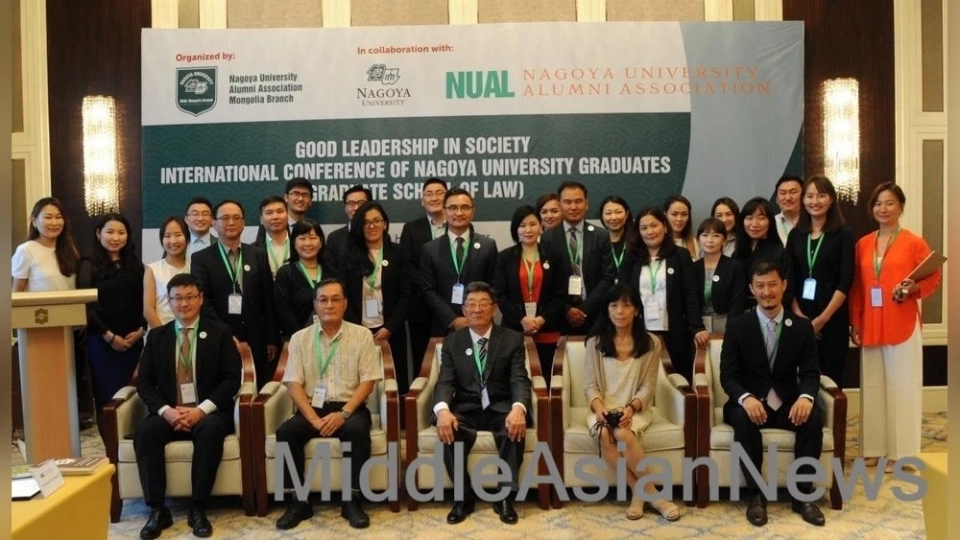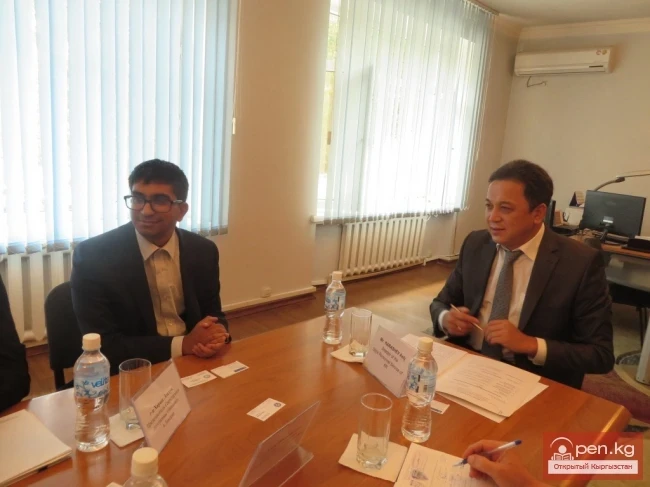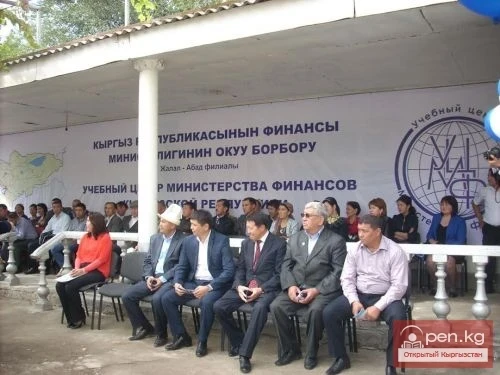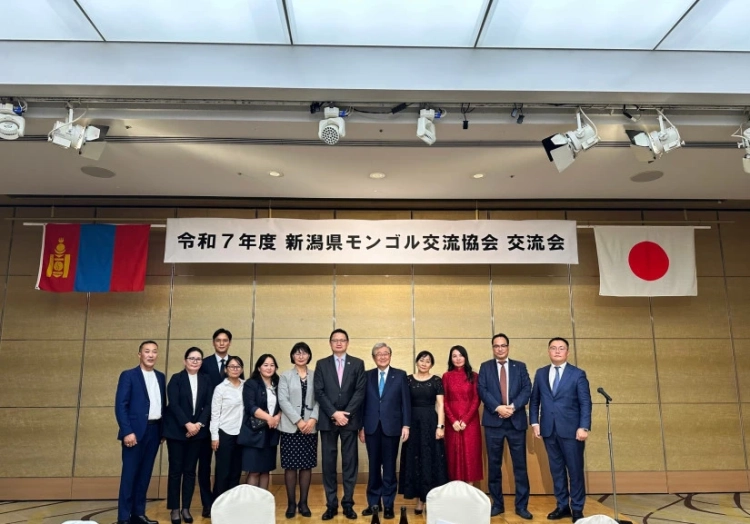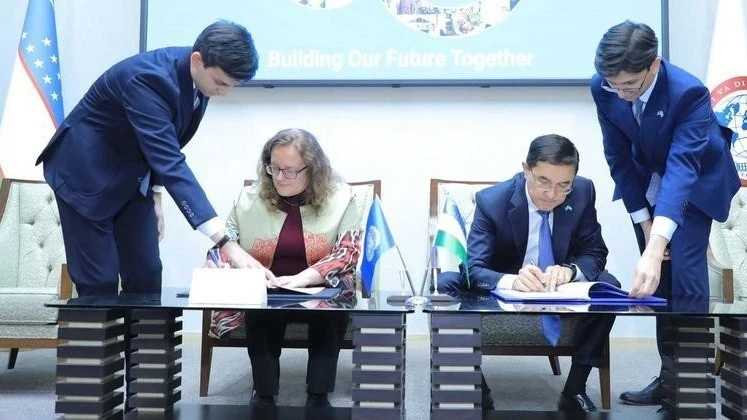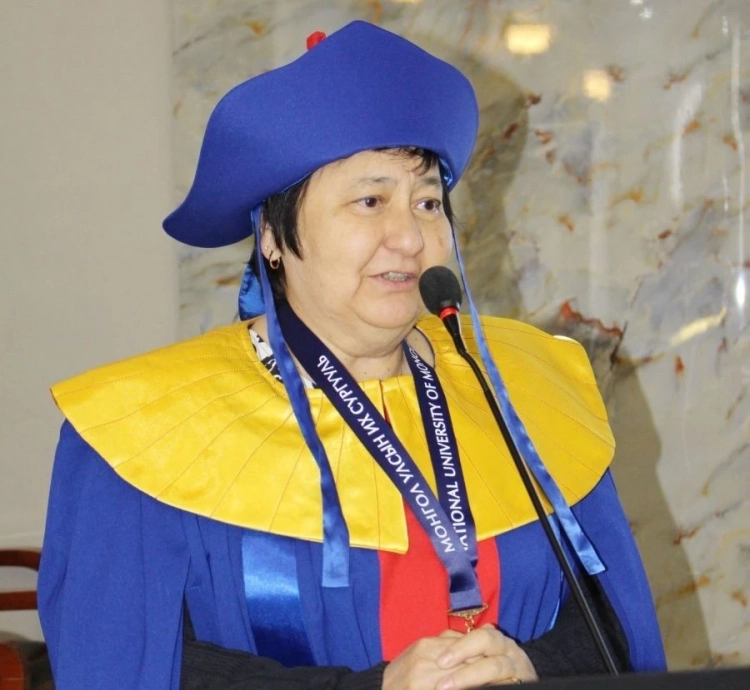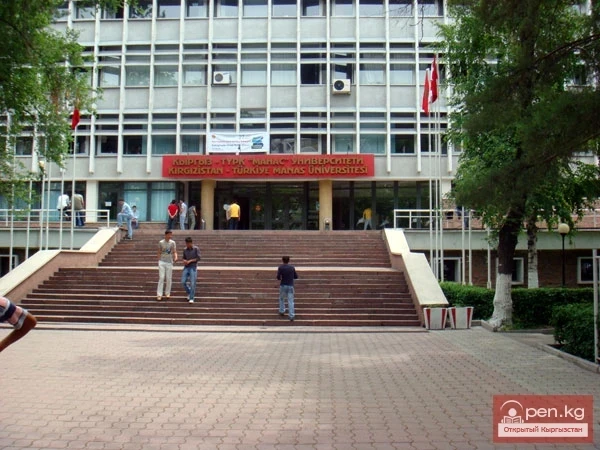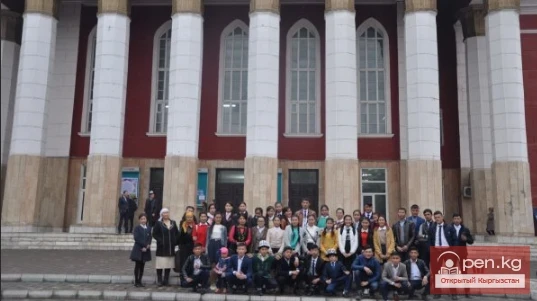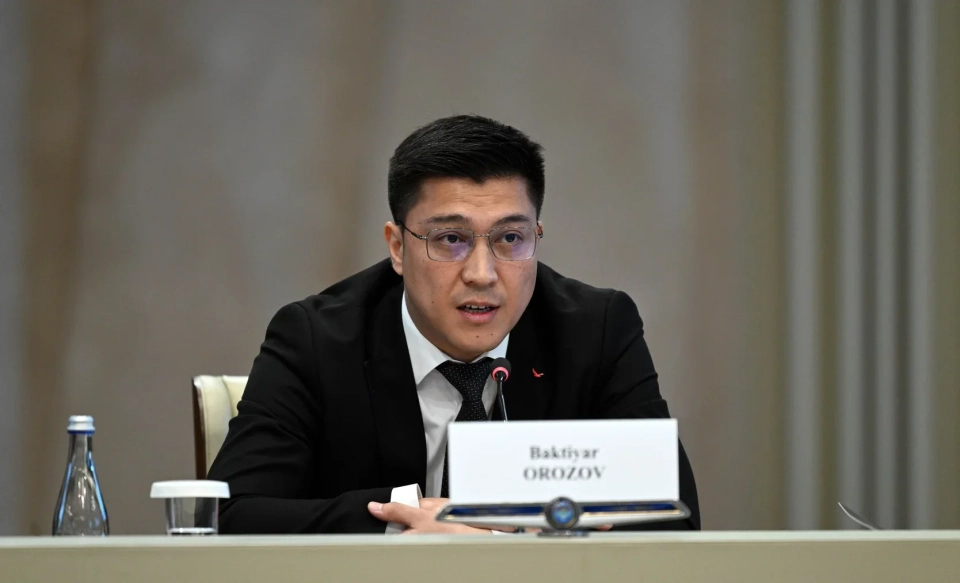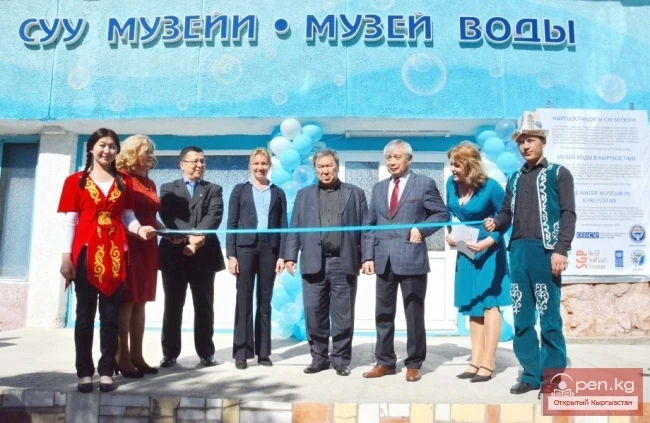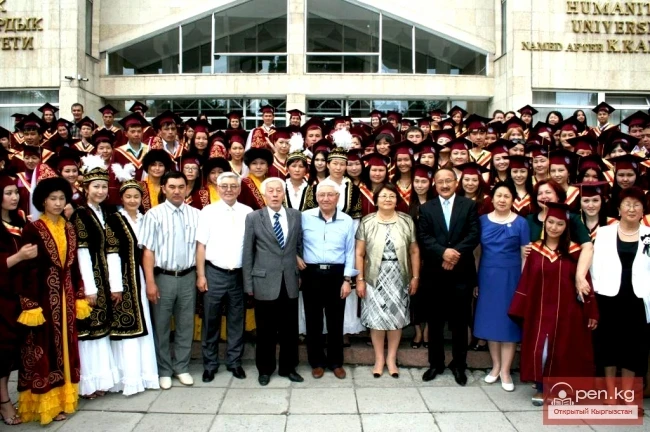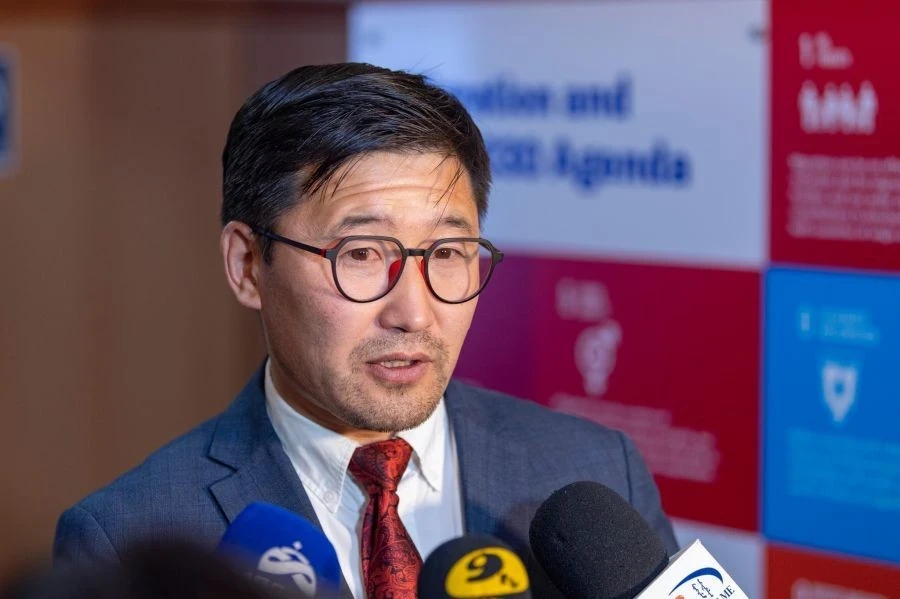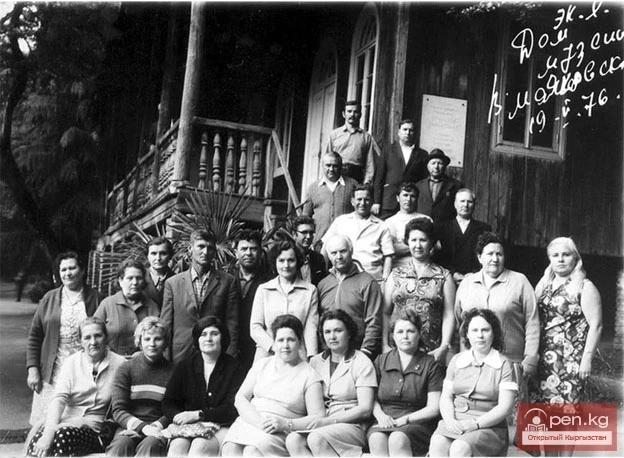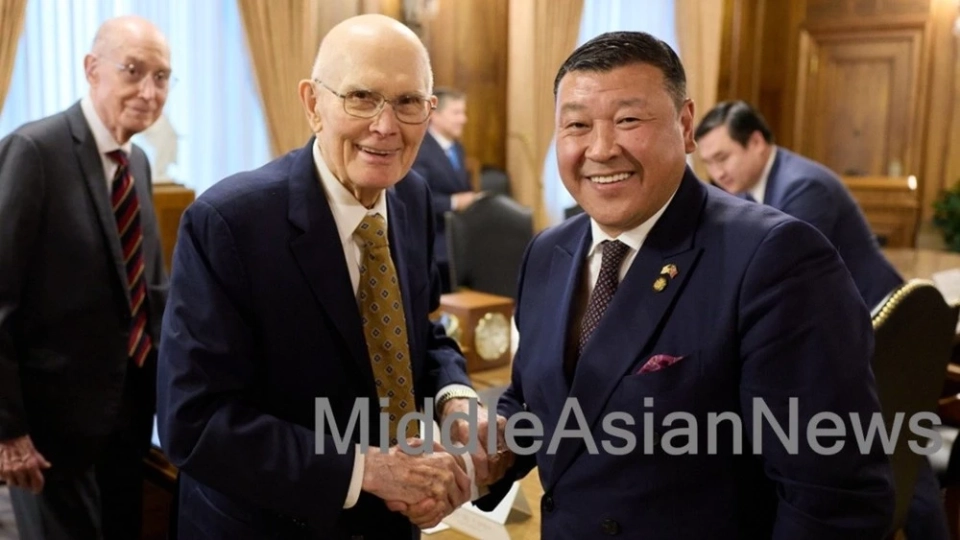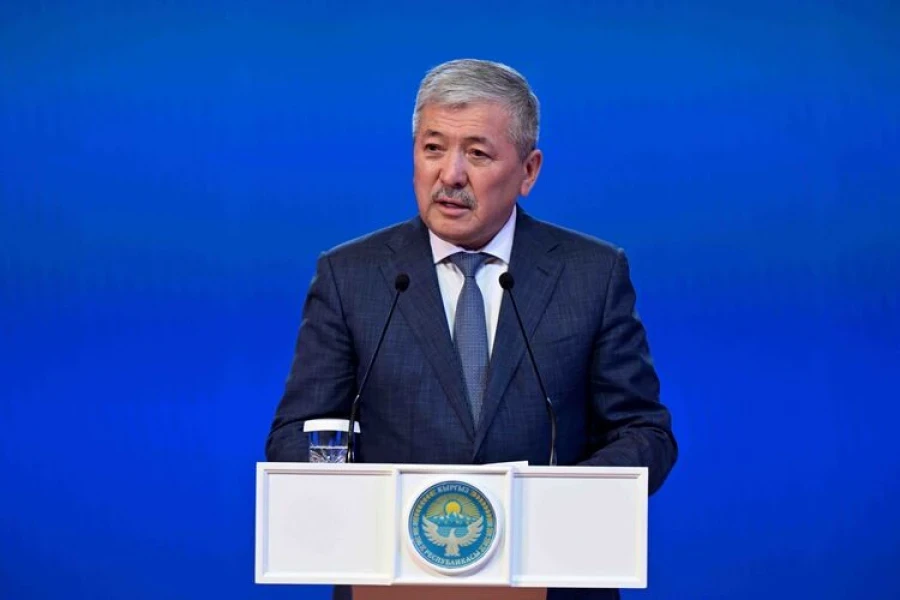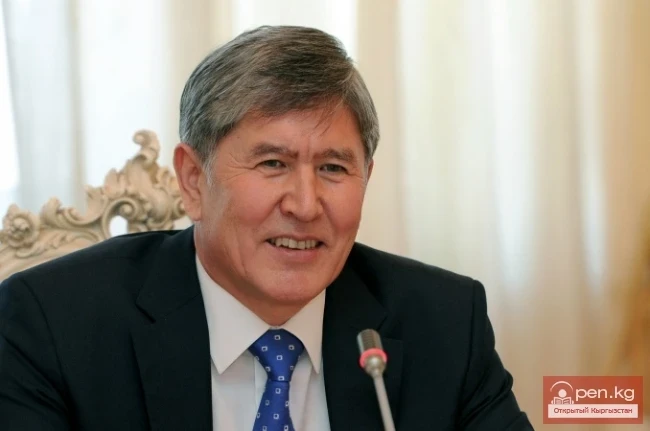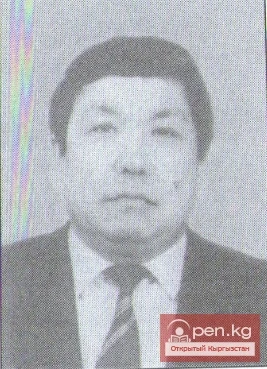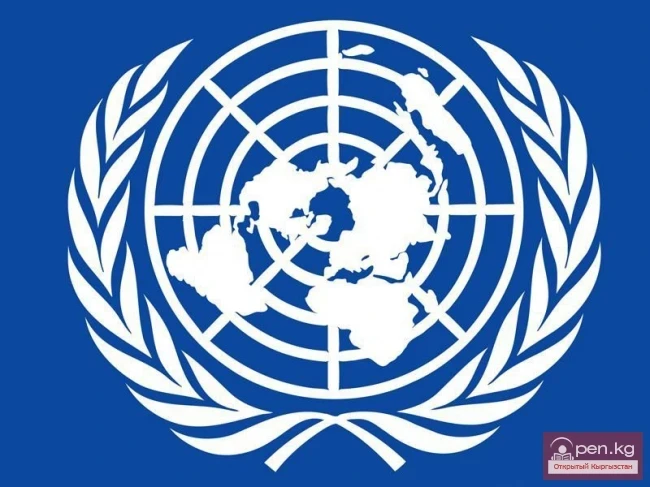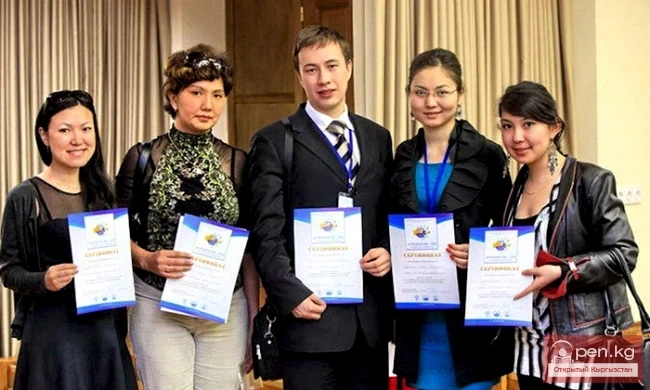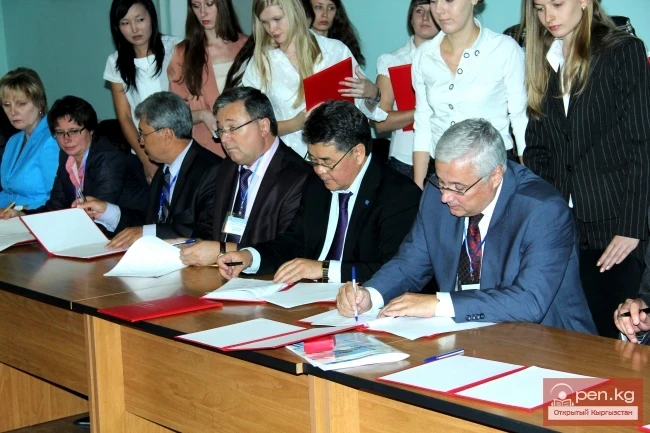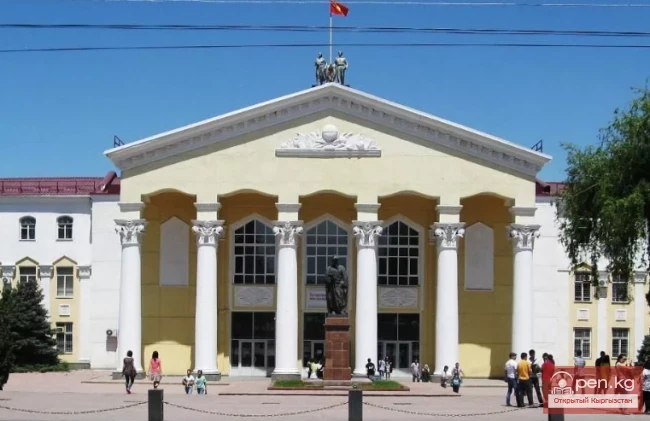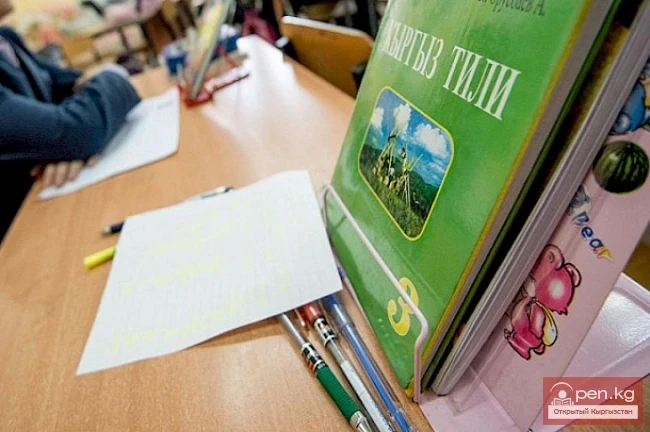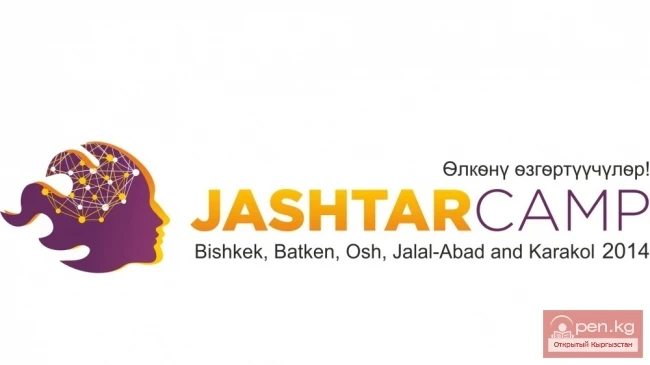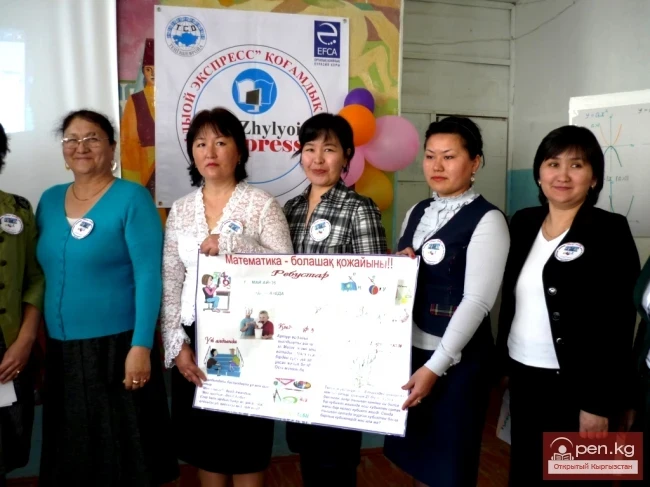Mongolian civil servants will soon begin serving their citizens according to Japanese standards.
At the event, representatives of the university congratulated the new students and spoke about the goals and structure of the program, the conditions of study, as well as research opportunities. Graduates who had studied earlier shared their successes and working methods.
The Nagoya University branch in Mongolia was opened in September 2009, marking the beginning of strong academic cooperation between Japan and Mongolia in the fields of law, public policy, and civil service development.
Since its establishment, nine researchers have completed doctoral programs in areas such as law, ecology, healthcare, psychology, and education. In the current academic year, three new students joined the program, bringing the total number of doctoral candidates to 19.
The goal of this program is to enhance the qualifications of civil servants in Asia. It provides the opportunity to obtain a doctoral degree without the need to leave their positions, which contributes to the sustainable development of Mongolia.
The educational process incorporates modern distance technologies and short trips to Japan, as well as regular scientific consultations and support in conducting research.
The ceremony was attended by representatives of the Nagoya University branch, the Japanese Embassy in Ulaanbaatar, JICA, the Japan-Mongolia Human Resource Development Center, as well as graduates and new doctoral candidates.
The Mongolian branch is responsible for implementing transnational doctoral programs for specialists from Asia, offered by Nagoya University through ASCI in Mongolia. It is located in the heart of Ulaanbaatar, near the government palace.
The branch has classrooms where students can attend classes under the guidance of their academic supervisors using video conferencing.
The hybrid doctoral program is available for civil servants, national university faculty, researchers, lawyers, and judges in Mongolia. Anyone with a master's degree who aspires to obtain a doctoral degree can apply without interrupting their professional activities.
Currently, the branch is implementing a doctoral program in the fields of law, medicine, ecology, and education. It is expected that these programs will prepare specialists capable of contributing to the development of Mongolia in the future.
Tatar S. Maidar
source: MiddleAsianNews
